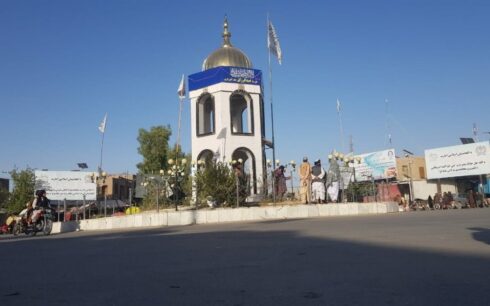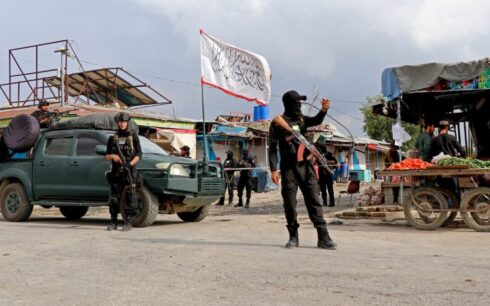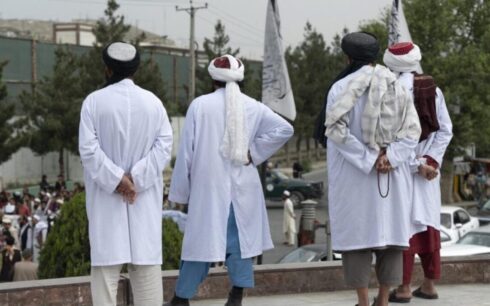As the new academic year begins in Iran, Afghan migrants report that their children are being denied enrollment in schools, citing increased restrictions imposed by the Iranian government on migrants living in the country.
Many Afghan families have expressed frustration over the discriminatory treatment, stating that they came to Iran hoping for a better future and education for their children, only to find that their children are now being excluded from schools.
With the end of summer and the start of autumn, millions of students across Iran returned to school this week. Afghan children have traditionally made up a significant portion of the student population, but this year, the number of Afghan students in Iranian schools has decreased substantially due to new policies implemented by Iranian authorities, according to some migrant families.
Jamshid, an Afghan migrant who has lived in Iran with his family for three years, said that while he was able to enroll all three of his children in school last year, this year only his daughters were accepted, leaving his two sons without a place in school.
“Today is the last day of registration, and I still haven’t been able to get my sons enrolled,” Jamshid said. “Even though I had a letter from the Ministry of Education, the school principal told me there was no space and refused to register them.”
Iran’s government has escalated its efforts to deport Afghan migrants and, in some provinces, has barred the registration of Afghan children in schools. Provinces such as Kerman, Shiraz, and Kohgiluyeh and Boyer-Ahmad have reportedly refused to enroll Afghan students who lack high-level documentation.
According to Iran’s Ministry of Education, 556,000 Afghan students were enrolled in schools across the country last year, many of whom held residency permits, master cards, or census documents. However, some Afghan families with valid documentation say they are still facing obstacles in getting their children registered for the new school year.
“Most Afghan families have the necessary documents, but due to the deportation push, many provinces are not allowing these students to enroll,” said Nahid Masoudi, an advocate for Afghan migrants’ rights in Iran. “As a result, many Afghan children are being denied access to education compared to last year.”
Iran’s crackdown on Afghan migrants has intensified since President Masoud Pezeshkian took office following the death of former President Ebrahim Raisi in a helicopter crash. The National Security Council previously announced that Afghan migrants would no longer be permitted to live in 16 provinces across the country.
Human rights defenders have condemned Iran’s deportation policy, calling it discriminatory and unjust.
“The Afghan refugees in Iran are living in fear,” said Zahra Haqparast, a human rights advocate. “Iran has treated them poorly, forcing them to return to a country where many face the threat of death from the Taliban. The United Nations must take immediate action to support Afghan migrants in Iran and Pakistan.”
The Iranian government recently announced a plan to deport over two million Afghan migrants from the country.





